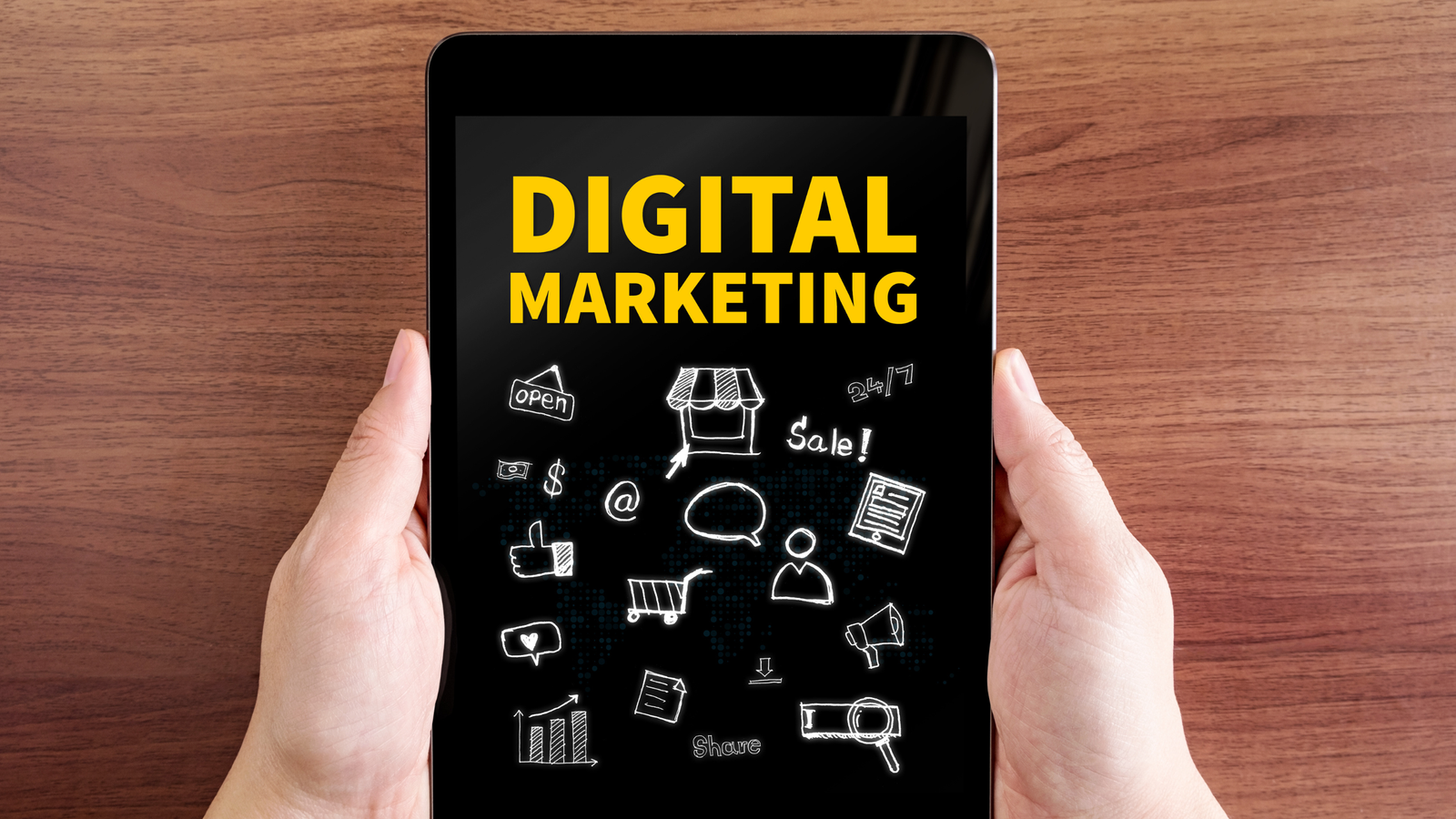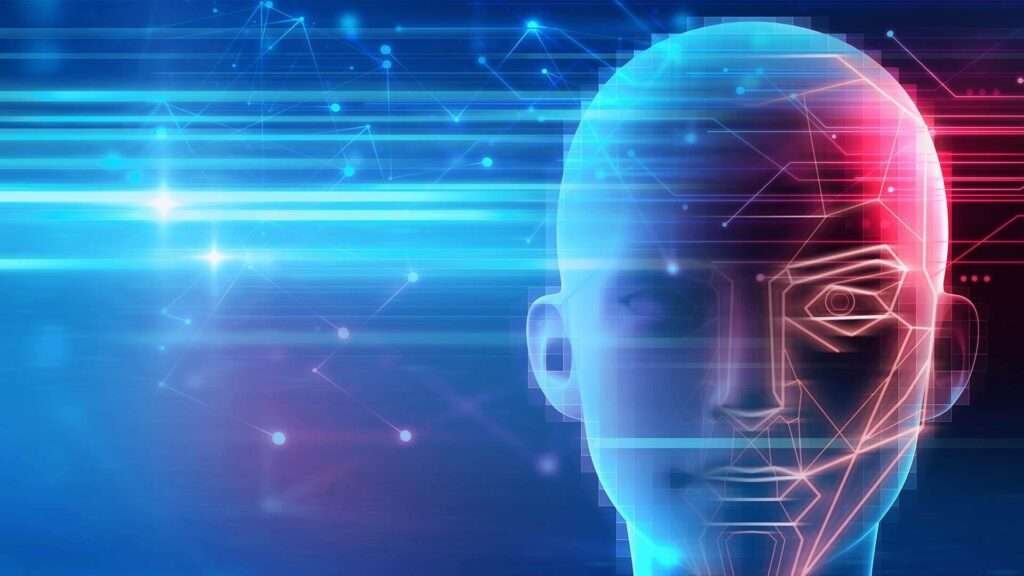
Introduction to Digital Marketing: A Comprehensive Guide
Welcome back to our digital space! Today, we’re going to embark on an exciting journey through the world of digital marketing. This course is designed to answer all your burning questions and provide a solid foundation for your online marketing journey. So, let’s dive right in!
What is this course about?
This course, titled “Fundamentals of Digital Marketing,” aims to introduce you to the foundational concepts of digital marketing and performance marketing. As of October 2022, this course encompasses everything you might encounter in the digital marketing or performance marketing landscape. While it won’t delve into every concept in detail, it will provide a quick snapshot of the entire industry.
Who is this course for?
This course is perfect for absolute beginners just starting their journey in online marketing. It serves as the first step towards diving deep into the digital marketing industry. Whether you’re looking to build a career in digital marketing or grow your business, this course is equally beneficial.
In today’s crowded digital space, it’s challenging to understand the basics amidst all the noise. This course takes a step back to provide a holistic view of the entire digital marketing industry before you specialize in a particular area. It’s also helpful for interview preparation as we’ll discuss all fundamental concepts.
What can you expect from this course?
By the end of this course, you’ll be familiar with all the concepts of digital marketing as of October 2022. You’ll be ready to deep dive into a specific expertise within digital marketing.
Please note that while this is a fundamental course and won’t cover any module (like PPC, SEO, etc.) in detail, it will give you an overview of all modules available in digital marketing at present.
What’s next after this course?
After completing this course, you can choose to become an expert in one of the modules of digital marketing or performance marketing. Even if you’re involved in PR or digital sales, this foundational knowledge is beneficial.
Course Structure
This course comprises 14 modules, each designed to make learning fun and easy. It’s equivalent to a diploma, if not better. We’ve gone through many diploma curriculums currently available and ensured that this course covers everything they do and more.
We’ll also provide real-life professional examples that many diplomas fail to address because they’re not industry-specific. There will be quizzes throughout the course (details will be provided at the appropriate time), and we’ll share some essential resources that you’ll find useful throughout your digital marketing journey.
Understanding the Digital Marketing Landscape
Welcome back! In this section, we’ll delve deeper into the world of digital marketing. Whether you’re looking to grow your online business or simply want to understand the digital landscape better, this course is for you. Let’s get started!
The Marketing Funnel
Before we jump into Online marketing, it’s crucial to understand the concept of a marketing funnel. This is a common term you’ll hear within marketing and digital marketing circles. The funnel represents the customer’s journey from awareness to purchase.
The funnel starts with awareness, where companies aim to inform people about their products. For example, Uber launching in Egypt might use YouTube ads to announce their arrival.
Next comes interest. Customers who know about your company and are interested in your product fall into this category. For example, if you’re aware of Renault and want to know about their new car launches, you’re in their interest bucket.
Concentration is when customers consider your product or service. For example, if you’re thinking about going on a desert safari and see ads for it on review websites, that’s concentration.
Intent is an extension of concentration. It’s when customers have a lot of concentration but don’t make it to the final list. The aim here is to develop people’s intent towards your brand more.
Finally, the purchase is when customers complete the transaction.
Digital Marketing Channels
Online marketing channels are any channels based on the internet. Examples include social media websites, emails, and even digital billboards (known as digital out-of-home advertising). These contrast with offline advertising channels like TV, radio, newspapers, and outdoor billboards.
The Ideal Digital Marketing Setup
An ideal Online marketing setup involves a combination of traditional marketers (often seen in suits) and digital marketers (the nerds). This setup ensures a balance between traditional marketing strategies and the data-driven approach of digital marketing.
The Shift from Offline to Online Advertising
The digital marketing landscape has seen a significant shift from offline to online advertising. But why did this drift occur? Let’s delve into the reasons behind this transition.
Why the Drift?
According to Statista, an estimated $566 billion US dollars will be spent on online advertising alone. This shift is primarily due to the focus on Return on Ad Spend (ROAS). Companies can now understand in real-time how much profit their Online marketing or online advertising investments are generating. This real-time, incremental value was not possible with offline advertising.
Benefits of Digital Marketing Over Offline Advertising
1. Optimization
With digital marketing, campaigns can be optimized in real time. For example, if a campaign isn’t performing well, changes can be made and the impact of those changes can be seen within hours. This level of optimization isn’t possible with offline advertising.
2. Investment
Digital marketing is feasible for small businesses as it doesn’t require huge investments like TV, radio, or newspaper advertising.
3. Measurement
Digital marketing allows for precise measurement of campaign performance. You can track how many people saw your ad, clicked on it, and even made a purchase.
4. Customization
Online marketing campaigns are highly customizable. For example, a food delivery app can show breakfast menu ads from 8 to 12, lunch menu ads from 12 to 2, and dinner menu ads in the evening.
5. Targeting
With Online marketing, you can target specific demographics or regions. For example, if a food delivery app only delivers in certain cities within a country, it can target its ads to those specific cities.
Common Objectives of Online Marketing
In the world of Online marketing, companies have various objectives when they invest in advertising campaigns. These objectives differ from company to company and sometimes even from stage to stage within the same company. Here are some common objectives:
1. Awareness
Companies often run awareness campaigns about their new products or services. For example, telecom companies like Vodafone or Etisalat might run campaigns about their new packages. The key metrics for these campaigns are how many times the ad was shown and how many people saw it.
2. Traffic Generation
When a company or individual launches a blog or a new webpage, their objective is to generate as much traffic to their website as possible.
3. App Installs
For companies with an app, such as a gaming app or a service like Uber, the objective is to get more people to install their app.
4. Sales Generation
For e-commerce websites like Amazon, the primary objective is to generate sales. They want to know how many sales they can guarantee with a specific budget.
Understanding these objectives is crucial when planning and executing online marketing strategies. It helps tailor the approach to meet the specific goals of the company.
Read More: Performance-Marketing-fundamentals

